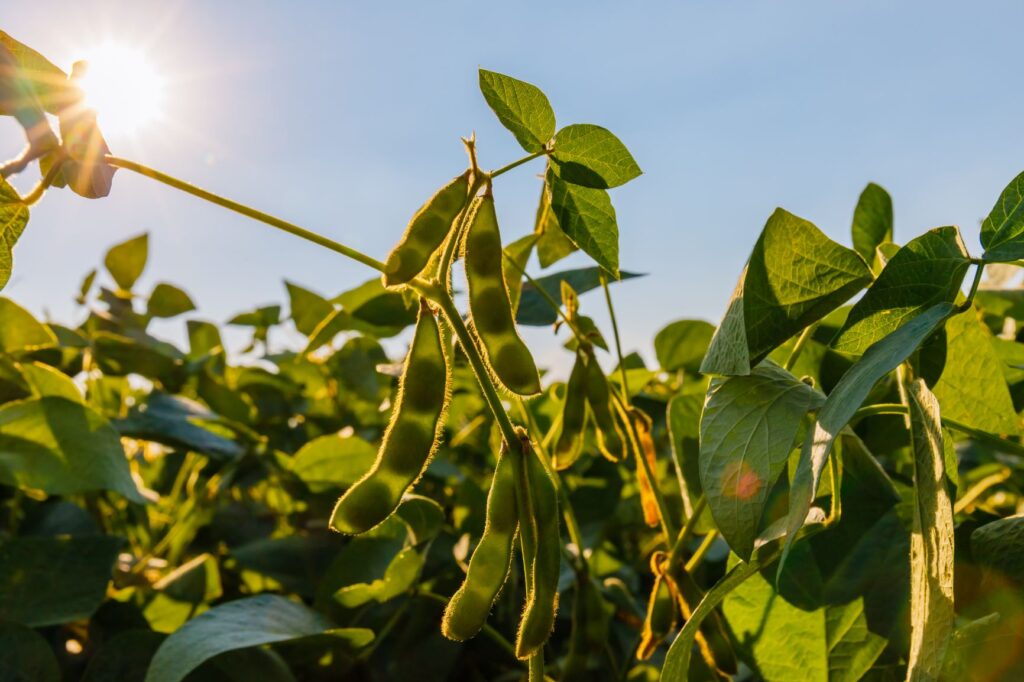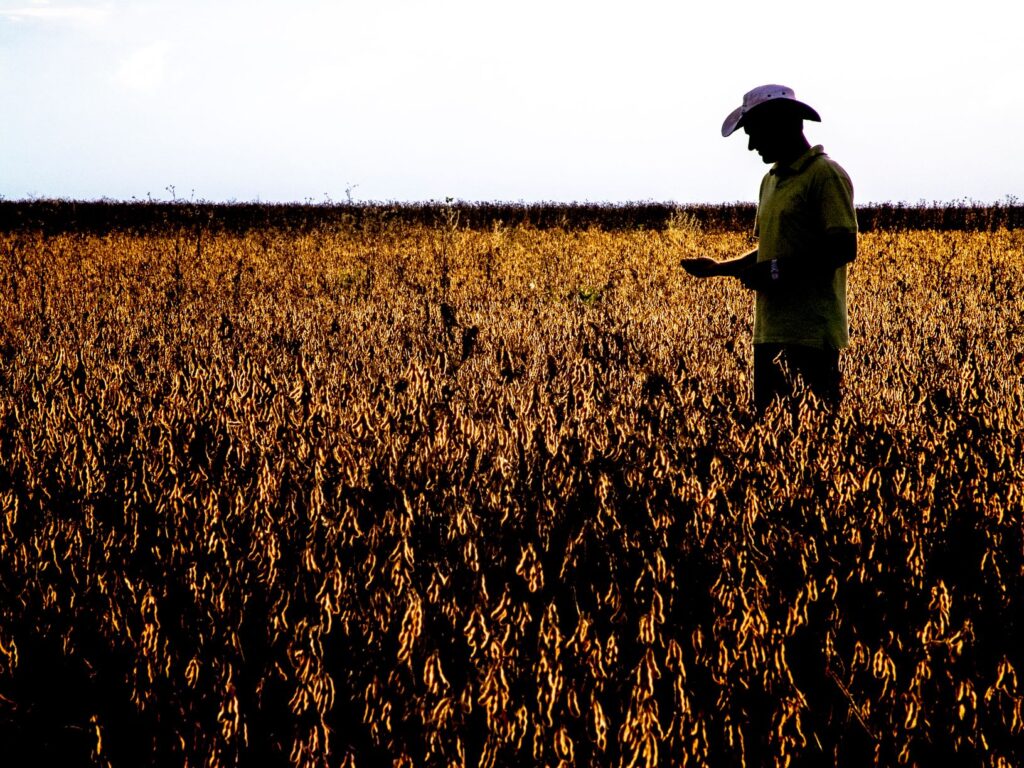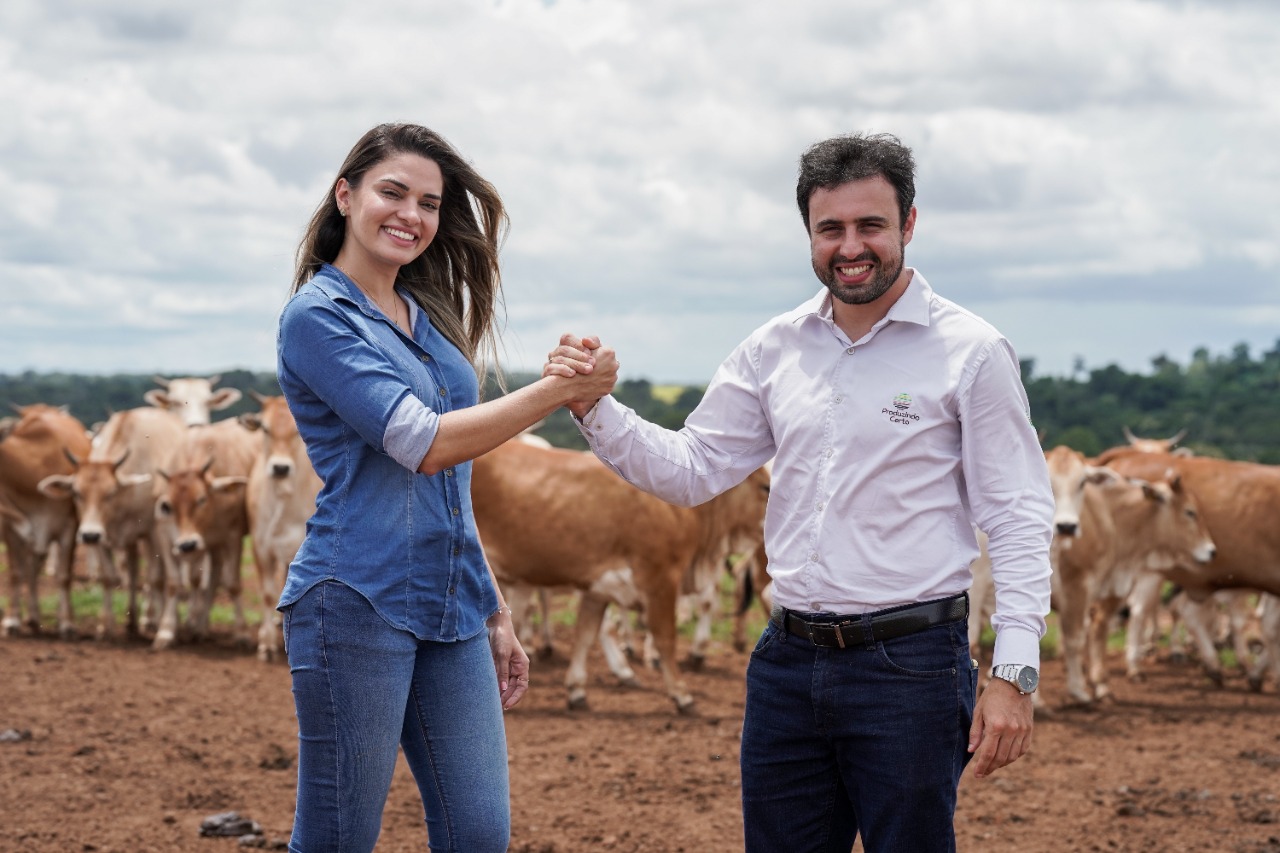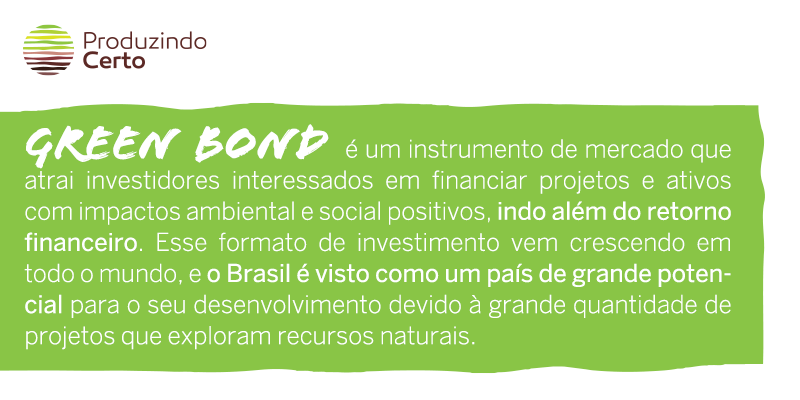
The project brings together global traders and state government for responsible soy production in Mato Grosso

Solving the problem of illegal deforestation, which depletes wildlife and flora, especially in the Amazon and Cerrado biomes, is a task that requires the engagement of an extensive value chain. This challenge involves rural producers; processing companies; global traders; governments; local, regional, and international regulators; and civil society organizations all the way to final consumers, increasingly conscious of and concerned with the origin and impact of what they consume.
For this reason, multilateral collaboration, public-private partnerships, and the engagement of civil society must be stimulated and encouraged to search for solutions that can balance social and environmental challenges and the importance of agribusiness to the Brazilian economy and to rural communities.
One example of the joint effort to drive responsible production in the region is an international partnership involving the six most important global soy traders, brought together through the Soft Commodities Forum (SCF), the government of the State of Mato Grosso represented by the Instituto PCI, the Environmental Defense Fund (EDF), and Produzindo Certo.
The Instituto PCI (Produce, Conserve and Include), launched by the Mato Grosso State Government in 2015 during the Paris Climate Convention (COP 21) as part of the region’s sustainable development agenda, was responsible for bringing together all these players. SCF is a global platform linked to the World Business Council for Sustainable Development (WBCSD) to find solutions for common challenges in the agribusiness soy production chain. The goal is to create a more secure and sustainable food system. The following companies are part of the SCF: ADM, Bunge, Cargill, COFCO International, Glencore Agriculture, and Louis Dreyfus Company.
Based on deep knowledge of the fields and relationships established with farmers, Produzindo Certo was chosen to directly contact soy producers, prepare a social and environmental diagnostic, and guide the execution of the action plans defined. In addition to the inclusion of agricultural producers in the Produzindo Certo Platform, the project includes a performance analysis of the two priority municipalities selected for the project and the creation of a local network to reinforce municipal strategies (read more in “Rede de governanças locais” (Local Governance Network), below).
“The PCI was created based on the assumption that governments cannot do it all alone. We bring the public and private sectors together; we align corporate strategies and the state’s needs in an innovative way, so that they operate in the production chain with a territorial view of the municipality and a more comprehensive strategy in the state of Mato Grosso. We have organized governance and medium- and long-term plans and goals,” explains the Executive Director of the PCI Institute, Fernando Sampaio.
The two municipalities of Mato Grosso selected for the initiative are Campos de Júlio and Planalto da Serra. The first phase of the work will take place over the next six months with the selection of the rural producers. A total of 50 properties will be mapped and will receive their social and environmental diagnostic and guidelines for preparing action plans for improvement. They will also be integrated into the Produzindo Certo Platform, which already monitors more than 1,500 farms.
This work will focus on small- and medium-sized rural establishments, with up to 15 fiscal modules. “This is an almost invisible audience that receives little attention and few projects tailored to their reality. They are not small enough to be included in government programs, and in general they lack technical assistance solutions, especially in sustainability,” says Produzindo Certo’s COO, Charton Locks.
Initially scheduled to take place by the end of 2020, the assessments will be completed in the first months of 2021, depending on safety measures related to COVID-19. The questionnaire developed by Produzindo Certo, together with the project partners, will capture critical perceptions and challenges faced by producers. The teams will use this information to develop an action plan for sustainable production in the two municipalities using a landscape approach and including all the production chains in the territory, such as livestock and family farming. Landowners will also commit to implementing measures to adapt their properties.
Companies are approaching the fields of soy
The SCF defined the locations that would implement these actions based on a study that determined the main soy producing regions close to areas under pressure for deforestation. In addition to the two municipalities in MT, areas linked to the Matopiba region (agricultural municipalities located between the states Maranhão, Tocantins, Piauí, and Bahia) were also targeted, and another partnership was formed to operate in that region.
For Charton Locks, the effort companies have made to overcome their competitive barriers in order to address a common challenge helps to promote a low-risk environment for the entire sector and should also have a positive impact on the image of agribusiness. He stresses the need to support rural producers so that they can develop and adopt best practices. Adjustments for compliance increase costs for those who work the fields, but the benefits materialize throughout the production chain. Much like the positive effects, costs should also be shared by this entire ecosystem. “Everyone needs a sustainable and verified supply chain. With it, we can also serve them at a lower cost. Everyone benefits from the results,” he adds.
“The Soft Commodities Forum is a pre-competitive platform, where agribusiness comes together to seek common solutions. The engagement in Mato Grosso, and the knowledge and insights that the group can gather from conversations with producers and mapping of the main factors of deforestation, will be used as input for SCF’s future collective actions and commitments in the Cerrado,” says Nicoletta Pavese, leader of the WBCSD and spokesman for the SCF. “An assessment at the municipal level will also allow SCF to identify other partners along the value chain and involve them in the development and execution of specific actions.” About Produzindo Certo’s work, she adds: “For SCF, it’s important to collaborate and support partners who have good knowledge of local conditions, as well as the trust and interest of producers. Produzindo Certo has a history of successful work with producers and the private sector, building an important bridge between these two groups of critical stakeholders.”
This work is also intended to develop a model that can be replicated in other regions of Mato Grosso, adds Fernando Sampaio. The database with information on farms and municipalities will help assess progress. “The idea is to facilitate monitoring and control of indicators and demonstrate, with evidence, the results of this territorial approach. We have a series of other initiatives being carried out in the state, with the support of various local and international partners. Through PCI, we define governance, plans, and goals, and we are merging the initiatives with the priorities defined in the strategy.”
Based on these results, the second phase of the project, still under development, aims to involve investments from other financial instruments and focus on the implementation of action plans developed, together with farmers, on reducing deforestation and maintaining local governance, with the permanent engagement of the main stakeholders.
The identification and involvement of new players in the chain are also part of SCF’s strategy, allowing results to be continuous and generate more and more impacts. “SCF will play an active role in identifying and engaging additional partners to support the successful implementation of the action plan. Bringing in more partners will be critical not only to ensure a broader approach to the value chain, but also to support the investment needed to generate impacts at scale,” says Nicoletta Pavese.

Local governance networks
Located on opposite geographic extremes in Mato Grosso, the municipalities of Campos de Júlio, further to the west, and Planalto da Serra, to the east, have relatively recent occupation and can be considered agricultural frontiers in the state, with growth in recent years largely associated with the production of soy beans.
In addition to direct contact with the 50 producers, the project provides for the construction of local governance networks for each municipality. They will be formed through coordination and dialogue with regional leaders at various levels, such as governments, producer associations, companies, and others. This collaboration will help identify the local causes of deforestation and changes in land use, with benefits for compliance with the Forest Code, the reduction of illegal deforestation, and the identification of degraded pasture areas that will aid in the sustainable expansion of soy production.
Coordination will also contribute to applying the state’s goals and plans from the PCI (Produce, Conserve and Include) strategy at the municipal level. “We are going to generate information and create an investment environment in the municipality. We will look at the whole, determining the critical factors in each location of the entire agricultural production chain, as well as difficulties such as illegal occupations and land grabbing, for example. By identifying these trends, we can define more effective municipal strategies,” explains Richard Eilers Smith, consultant for EDF (Environmental Defense Fund).



